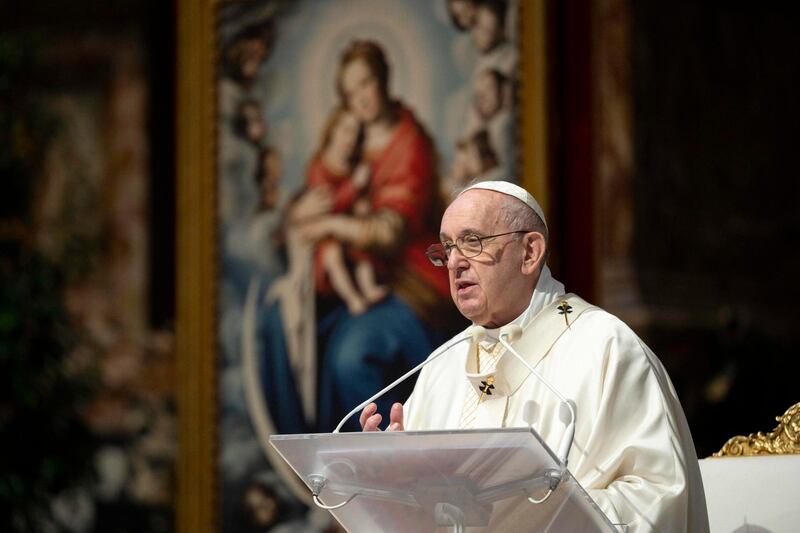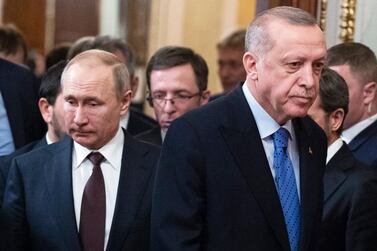Pope Francis on Sunday urged international bodies and political and military leaders to stop the violence in Libya and end the plight of migrants, refugees and others trapped there.
Speaking from a balcony at his Vatican residence on St Peter’s Square, the Pope told the faithful he included his concerns in his prayers in recent days.
“I am following the dramatic situation in Libya with great apprehension,” he said.
“I urge international bodies and those who have political and military responsibilities to recommence with conviction and resolve the search for a path towards an end to the violence, leading to peace, stability and unity in the country.”
Forces allied with the government in the capital Tripoli are preparing to launch an attack on rivals led by military commander Field Marshal Khalifa Haftar in the coastal city of Sirte.
If successful, it could help the government-allied extremists to seize oilfields and infrastructure in Libya’s south.
The pope said he prayed for “the thousands of migrants, refugees, asylum seekers and internally displaced persons in Libya”, especially during the coronavirus pandemic.
“The health situation has aggravated the already precarious conditions in which they find themselves, making them more vulnerable to forms of exploitation and violence,” he said.
Pope Francis said “there is cruelty” and urged the international community to take “their plight to heart” and find ways and means “to provide them with the protection they need, a dignified condition and a future of hope”.
Libya has been mired in chaos and violence since a Nato-backed uprising toppled and killed long-time dictator Muammar Qaddafi in 2011.
The Government of National Accord controls the west, including the capital Tripoli, while Field Marshal Haftar holds the east and some of the oases and oilfields that dot the south.
After Qaddafi’s fall, Libya emerged as a major transit point for African and Arab migrants fleeing war and poverty to Europe.
Most migrants make the perilous journey in ill-equipped and unsafe rubber boats.
The International Organisation for Migration said its estimated death toll among migrants who tried to cross the Mediterranean in March passed the “grim milestone” of 20,000 since 2014.
On Saturday, the UN migration agency said a dozen people were missing and feared drowned after a boat carrying about three dozen bound for Europe capsized in the Mediterranean Sea off the coastal town of Zawiya, about 48 kilometres west of Tripoli.







